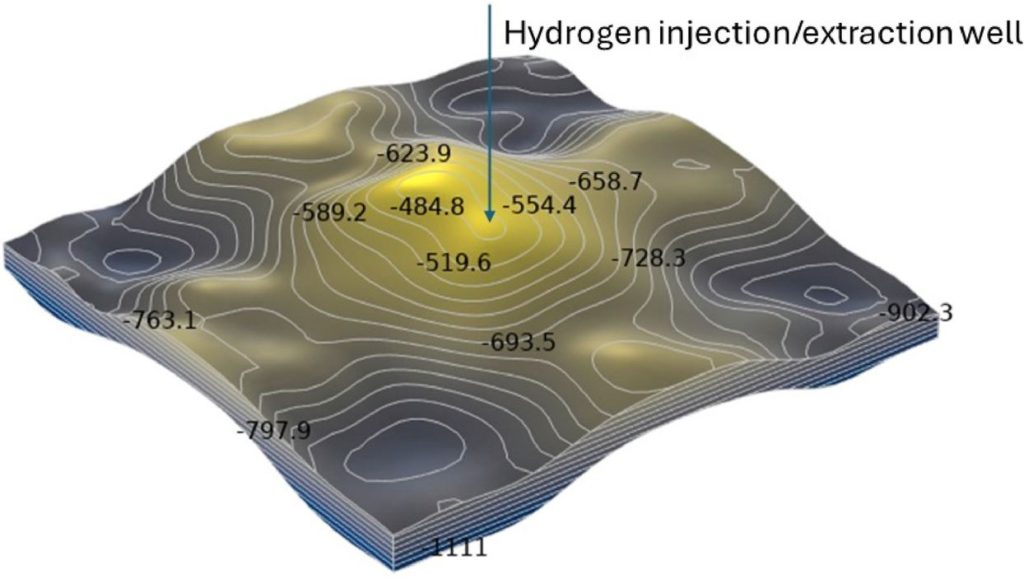Geological hydrogen storage (GHS) is fast becoming a cornerstone for scalable, long-term hydrogen storage solutions, essential for a decarbonized energy system.
This method predominantly utilizes subsurface formations like salt caverns, depleted reservoirs, and aquifers, offering the potential for significant storage capacity critical to the widespread adoption of hydrogen as a clean energy carrier. As the energy landscape evolves towards renewable sources like wind and solar, GHS offers a promising alternative to traditional storage methods which are limited by capacity and cost.
A comprehensive review of GHS reveals its potential within the global transition to cleaner energies. By effectively utilizing geological formations, GHS can store massive quantities of hydrogen, offering advantages in terms of capacity, cost-effectiveness, and security. The core geological formations considered include depleted oil and gas reservoirs, saline aquifers, and salt caverns. Each of these geological types brings unique benefits and challenges concerning storage capacity and potential geochemical and microbial interactions.
Research into GHS primarily revolves around understanding these intricate interactions, optimizing site selection, and enhancing the technical feasibility of subsurface hydrogen storage. Practical investigations are focusing on conditions such as hydrogen injectivity and deliverability, geochemical reactivity, microbial activity, and long-term storage security. Mapping these factors is crucial for ensuring that GHS is safe and efficient, enabling its role in supporting a hydrogen economy.
Although GHS holds great potential, the technology still faces significant hurdles. Technical, economic, and environmental challenges abound, ranging from hydrogen leakage and material degradation to regulatory frameworks and public acceptance. Addressing these issues is essential for the technology’s widespread adoption. The study of GHS is multidimensional, encompassing scientific principles, economic considerations, regional potential and challenges, and practical applications.
The economic landscape of GHS is closely tied to green hydrogen production. While current green hydrogen production levels may not justify large-scale immediate deployment, continued research and strategic planning are necessary to ensure storage technologies are ready to meet future demands. The economic viability of GHS at the terawatt-hour scale underscores the role that salt caverns, in particular, could play due to their proven cost-effectiveness and storage capacity.
The integration of GHS into the broader energy landscape requires consideration of CO2 emissions and renewable energy production trends. Effective deployment hinges on minimizing risks and maximizing efficiency through advanced modeling and AI-assisted technologies. These technologies enhance simulation accuracy and improve the design of hydrogen storage systems.
Stay updated on the latest in energy! Follow us on LinkedIn, Facebook, and X for real-time news and insights. Don’t miss out on exclusive interviews and webinars—subscribe to our YouTube channel today! Join our community and be part of the conversation shaping the future of energy.





